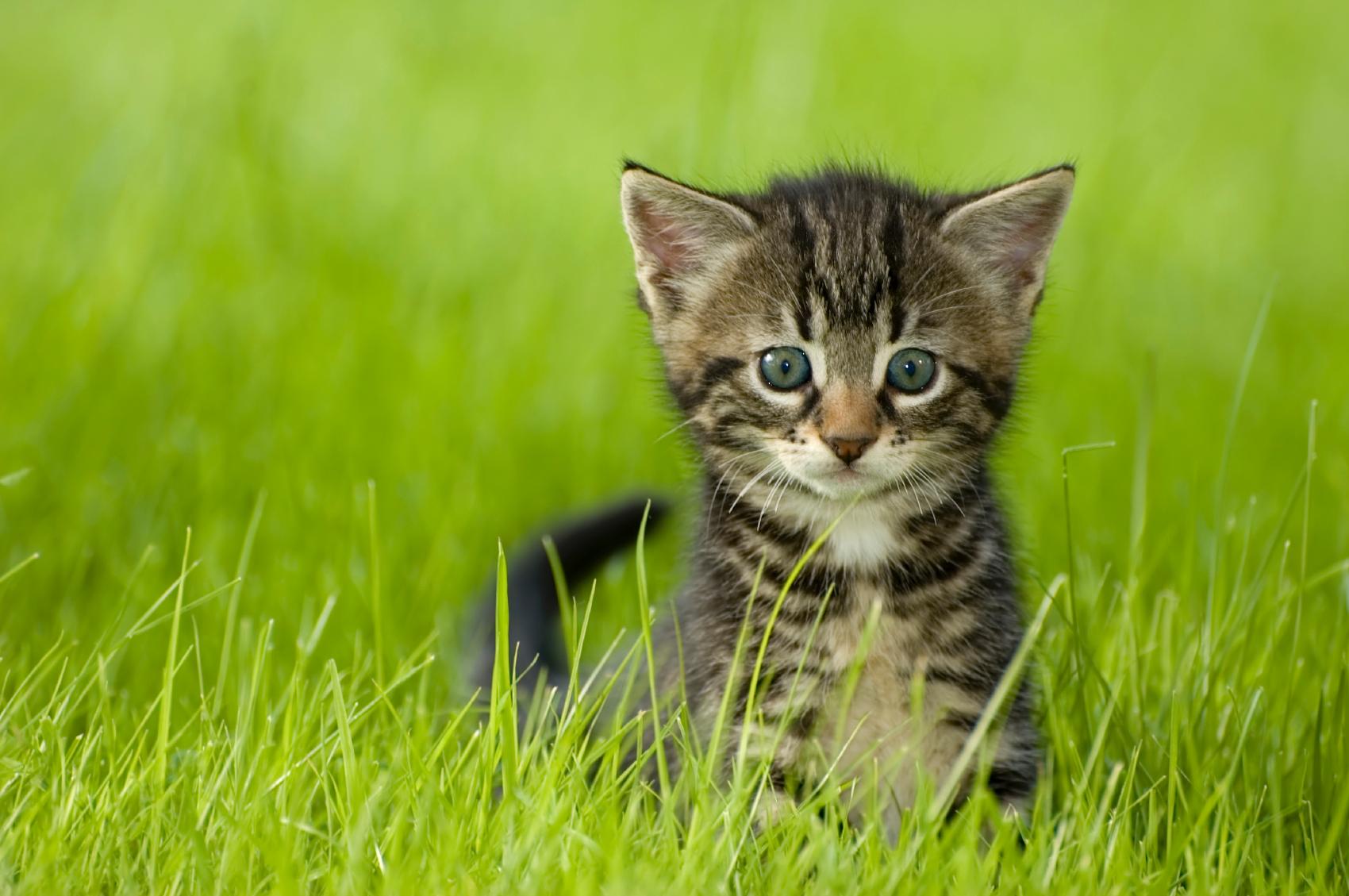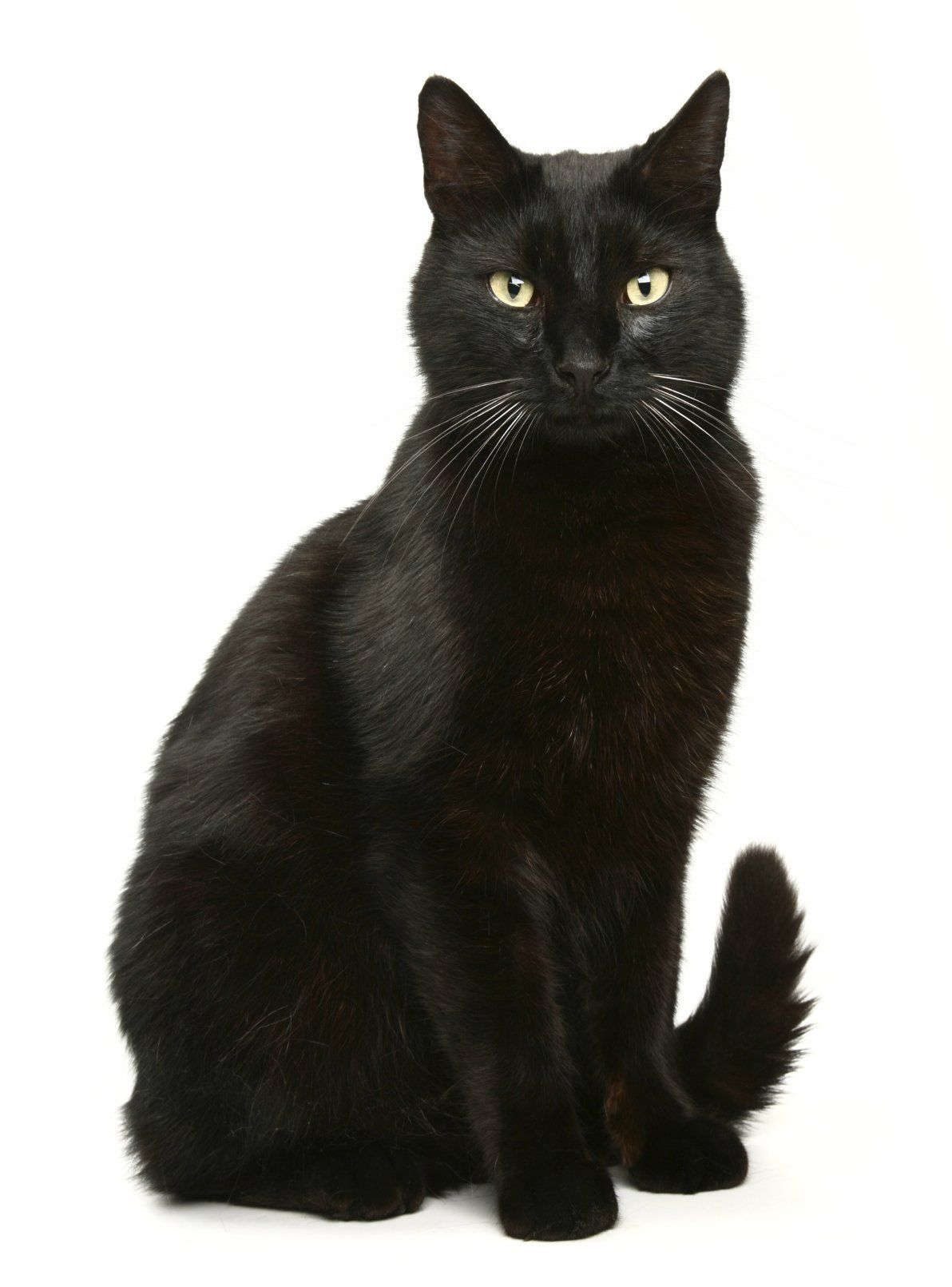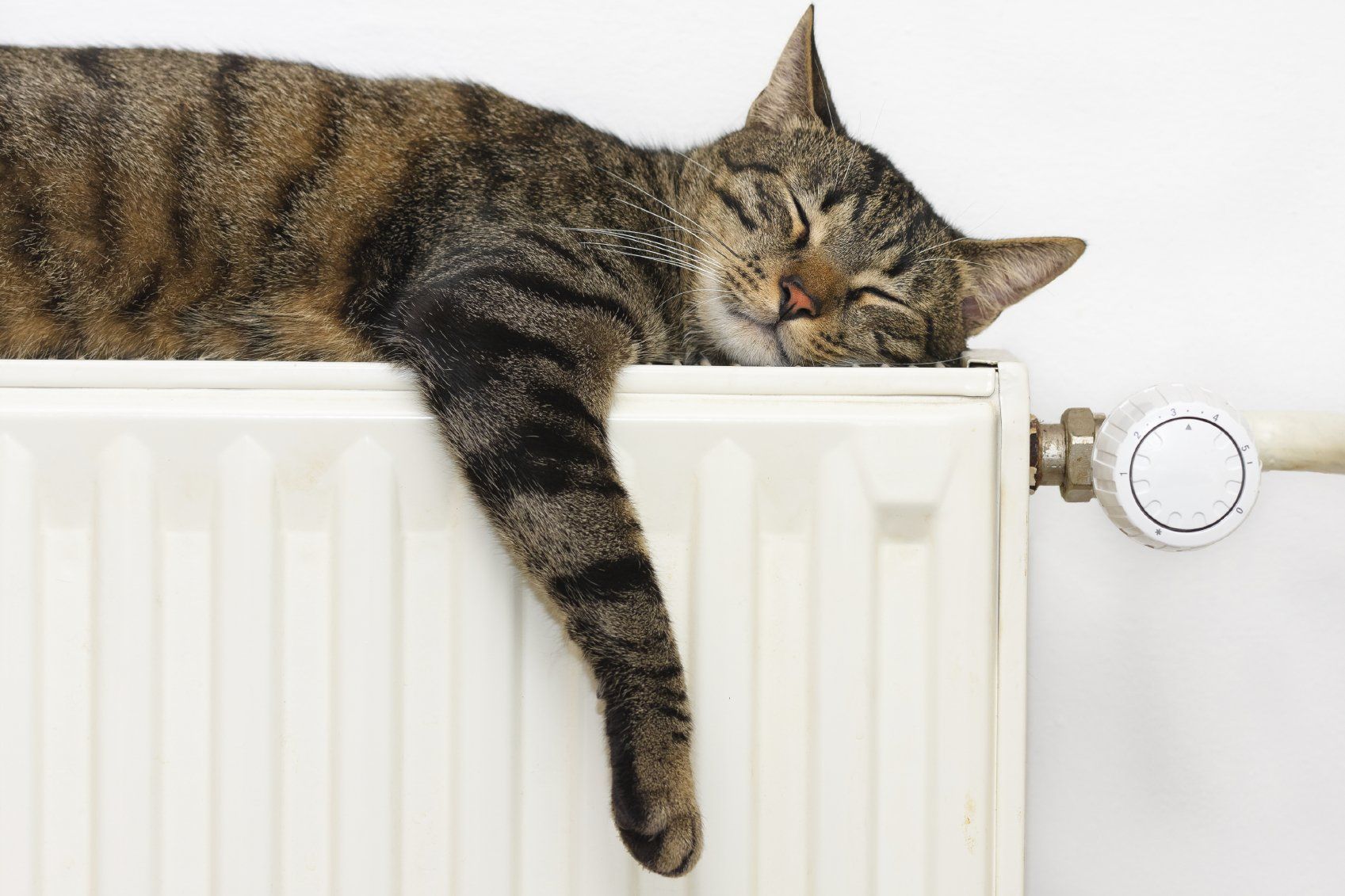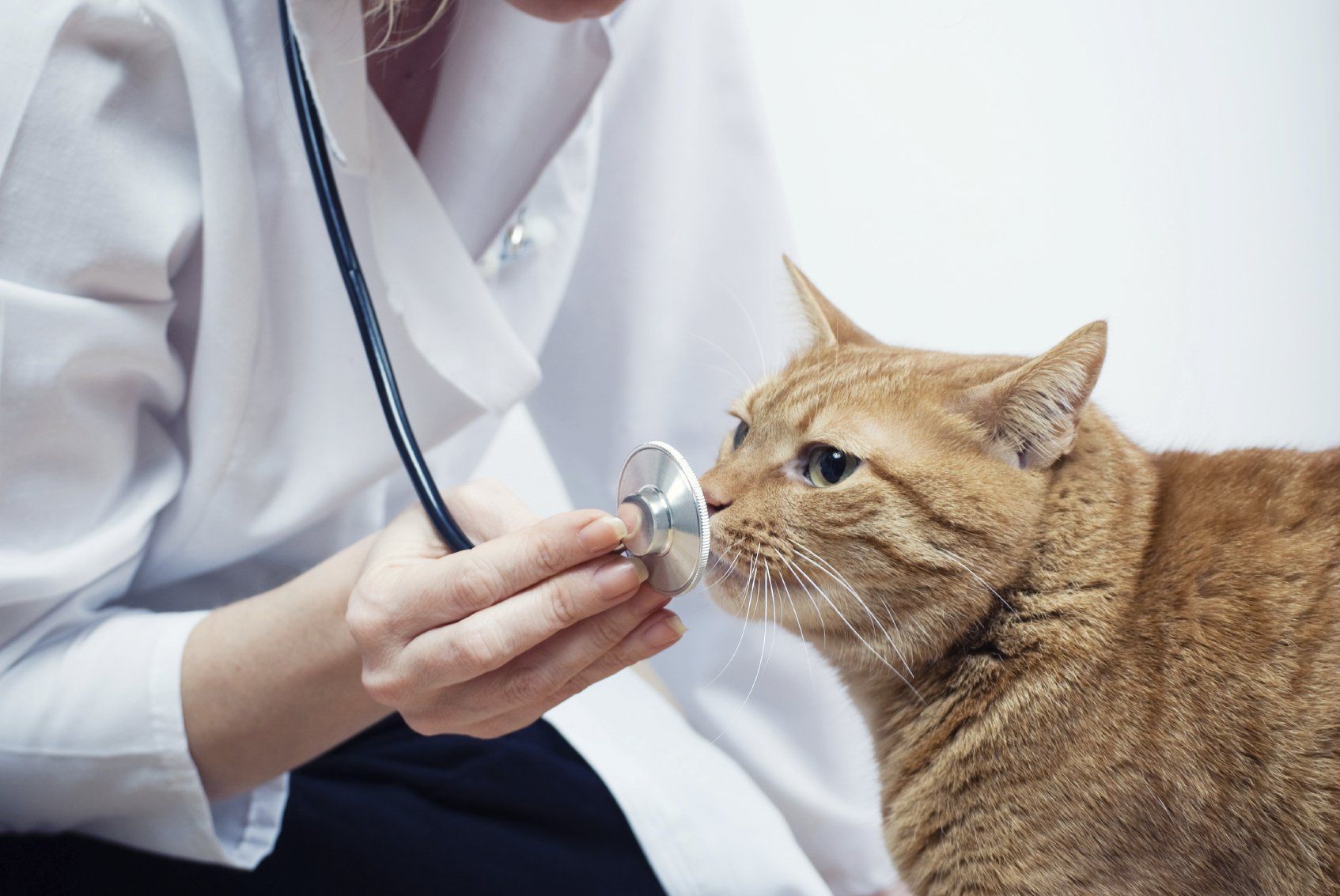Birds of Prey - this includes Owls
If you find an injured bird of prey:
Keep children and all other animals (dogs in particular) away.
Unless the bird is obviously injured or in immediate danger, the best course of action is to leave the bird where it is. Contact your local vet, any local animal hospital or phone us on 01487 741140 and we can give you help over the phone.
If you need to handle the bird, wear thick gloves (beware of both the beak and feet).
If you need to move the bird, wrap it in something warm and place it in a box with plenty of ventilation and keep it warm and dark. The box should be lined with newspaper or clean cloth, do NOT use straw or hay as this can give the birds a fungal lung infection.
Try not to disturb the bird and get professional help as soon as possible.
Do not try to feed or give it a drink unless you are advised to do so.
Our PHONE is answered 24 hours a day in cases of emergency. We are prepared to collect injured birds if you can't bring them to us (within a reasonable distance).
Baby Birds
Advice taken from the RSPB website as follows:
It's common in spring and summer to find young birds sitting on the ground or hopping about without any sign of their parents.
This is perfectly normal, so there's no need to be worried. These fledglings are doing exactly what nature intended, and left the nest deliberately a short while before they are able to fly.
However tempting, interfering with a young bird like this will do more harm than good. Fledglings are extremely unlikely to be abandoned by their parents. Just because you cannot see the adult birds does not mean that they are not there. The parents are probably just away collecting food - or are hidden from view nearby keeping a watchful eye, or even been frightened away from their youngster by your presence. Fledglings should be left where they are, in the care of their own parents.
Removal of a fledgling from the wild has to be a very last resort, and then only if it is injured or has definitely been abandoned or orphaned.
The young of most familiar garden birds fledge once they are fully feathered, but before they are able to fly. These fledglings spend a day or two, sometimes longer, on the ground while their flight feathers complete their growth. The only exceptions are swifts, swallows and house martins, which are able to fly well as soon as they leave the nest, and should never be found on the ground.
Tawny owl chicks are mobile at a very early age, and can be seen climbing in and around their nest tree before they are even half grown. If you find a fledgling or young owl, leave it where it is. Interfering with a young owl may result in you being attacked by a protective parent.
What if the bird is in danger?
Removal of a fledgling from the wild reduces its chances of long-term survival to a small fraction, and is normally the worst thing that could be done. Fledglings should be left where they are, in the care of their parents.
If the bird is on a busy path or road, or other potentially dangerous, exposed location, it makes sense to pick it up and move it a short distance to a safer place. Make sure you leave it within hearing distance of where it was found. Birds have a poor sense of smell so handling a young bird does not cause its parents to abandon it.
If you have cats, make sure they are kept indoors until the fledglings are airborne. In any conflict of interest between wild animals and domestic pets, it is always the domestic pet that must give way.
Can I put it back in its nest?
If the young bird is unfeathered or covered in fluffy down (a nestling) and has obviously fallen out of a nest by accident, it may be possible to put it back. Only do this if you are sure which nest the chick came from, and if it appears strong and healthy. Sometimes parent birds sense that there is something wrong with one of their chicks, or that it is dying, and they will eject it out of the nest so they can concentrate on looking after the healthy ones.
If a healthy chick cannot be returned to its nest, it will be dependent on humans for survival, and should be passed on to an expert rehabilitator as soon as possible.
If the young bird has a full covering of feathers, it will have left the nest deliberately, and is no longer meant to be in a nest. Such a bird should be left where it is, in the care of its own parents.
The RSPB does not run bird hospitals or a rescue service, so please do not contact us about a baby bird, as we are unable to help.
The RSPCA (England and Wales) is our local national charity that can help and advise on injured wildlife.
You can also find an independent local rescue centre in your area for more advice.
The local Raptor Foundation is based at Woodhurst, just outside of St Ives, and will help with any injured birds of prey.
Their 24 hour telephone number is: 01487 741140. their website address is: www.raptorfoundation.org.uk.
The advice below is copied for the raptor website:
Keep children and all other animals (dogs in particular) away.
Unless the bird is obviously injured or in immediate danger, the best course of action is to leave the bird where it is. Contact your local vet, any local animal hospital or phone us on 01487 741140 and we can give you help over the phone.
If you need to handle the bird, wear thick gloves (beware of both the beak and feet).
If you need to move the bird, wrap it in something warm and place it in a box with plenty of ventilation and keep it warm and dark. The box should be lined with newspaper or clean cloth, do NOT use straw or hay as this can give the birds a fungal lung infection.
Try not to disturb the bird and get professional help as soon as possible.
Do not try to feed or give it a drink unless you are advised to do so.
Our PHONE is answered 24 hours a day in cases of emergency. We are prepared to collect injured birds if you can't bring them to us (within a reasonable distance).
Baby Birds
Advice taken from the RSPB website as follows:
It's common in spring and summer to find young birds sitting on the ground or hopping about without any sign of their parents.
This is perfectly normal, so there's no need to be worried. These fledglings are doing exactly what nature intended, and left the nest deliberately a short while before they are able to fly.
However tempting, interfering with a young bird like this will do more harm than good. Fledglings are extremely unlikely to be abandoned by their parents. Just because you cannot see the adult birds does not mean that they are not there. The parents are probably just away collecting food - or are hidden from view nearby keeping a watchful eye, or even been frightened away from their youngster by your presence. Fledglings should be left where they are, in the care of their own parents.
Removal of a fledgling from the wild has to be a very last resort, and then only if it is injured or has definitely been abandoned or orphaned.
The young of most familiar garden birds fledge once they are fully feathered, but before they are able to fly. These fledglings spend a day or two, sometimes longer, on the ground while their flight feathers complete their growth. The only exceptions are swifts, swallows and house martins, which are able to fly well as soon as they leave the nest, and should never be found on the ground.
Tawny owl chicks are mobile at a very early age, and can be seen climbing in and around their nest tree before they are even half grown. If you find a fledgling or young owl, leave it where it is. Interfering with a young owl may result in you being attacked by a protective parent.
What if the bird is in danger?
Removal of a fledgling from the wild reduces its chances of long-term survival to a small fraction, and is normally the worst thing that could be done. Fledglings should be left where they are, in the care of their parents.
If the bird is on a busy path or road, or other potentially dangerous, exposed location, it makes sense to pick it up and move it a short distance to a safer place. Make sure you leave it within hearing distance of where it was found. Birds have a poor sense of smell so handling a young bird does not cause its parents to abandon it.
If you have cats, make sure they are kept indoors until the fledglings are airborne. In any conflict of interest between wild animals and domestic pets, it is always the domestic pet that must give way.
Can I put it back in its nest?
If the young bird is unfeathered or covered in fluffy down (a nestling) and has obviously fallen out of a nest by accident, it may be possible to put it back. Only do this if you are sure which nest the chick came from, and if it appears strong and healthy. Sometimes parent birds sense that there is something wrong with one of their chicks, or that it is dying, and they will eject it out of the nest so they can concentrate on looking after the healthy ones.
If a healthy chick cannot be returned to its nest, it will be dependent on humans for survival, and should be passed on to an expert rehabilitator as soon as possible.
If the young bird has a full covering of feathers, it will have left the nest deliberately, and is no longer meant to be in a nest. Such a bird should be left where it is, in the care of its own parents.
The RSPB does not run bird hospitals or a rescue service, so please do not contact us about a baby bird, as we are unable to help.
The RSPCA (England and Wales) is our local national charity that can help and advise on injured wildlife.
You can also find an independent local rescue centre in your area for more advice.






